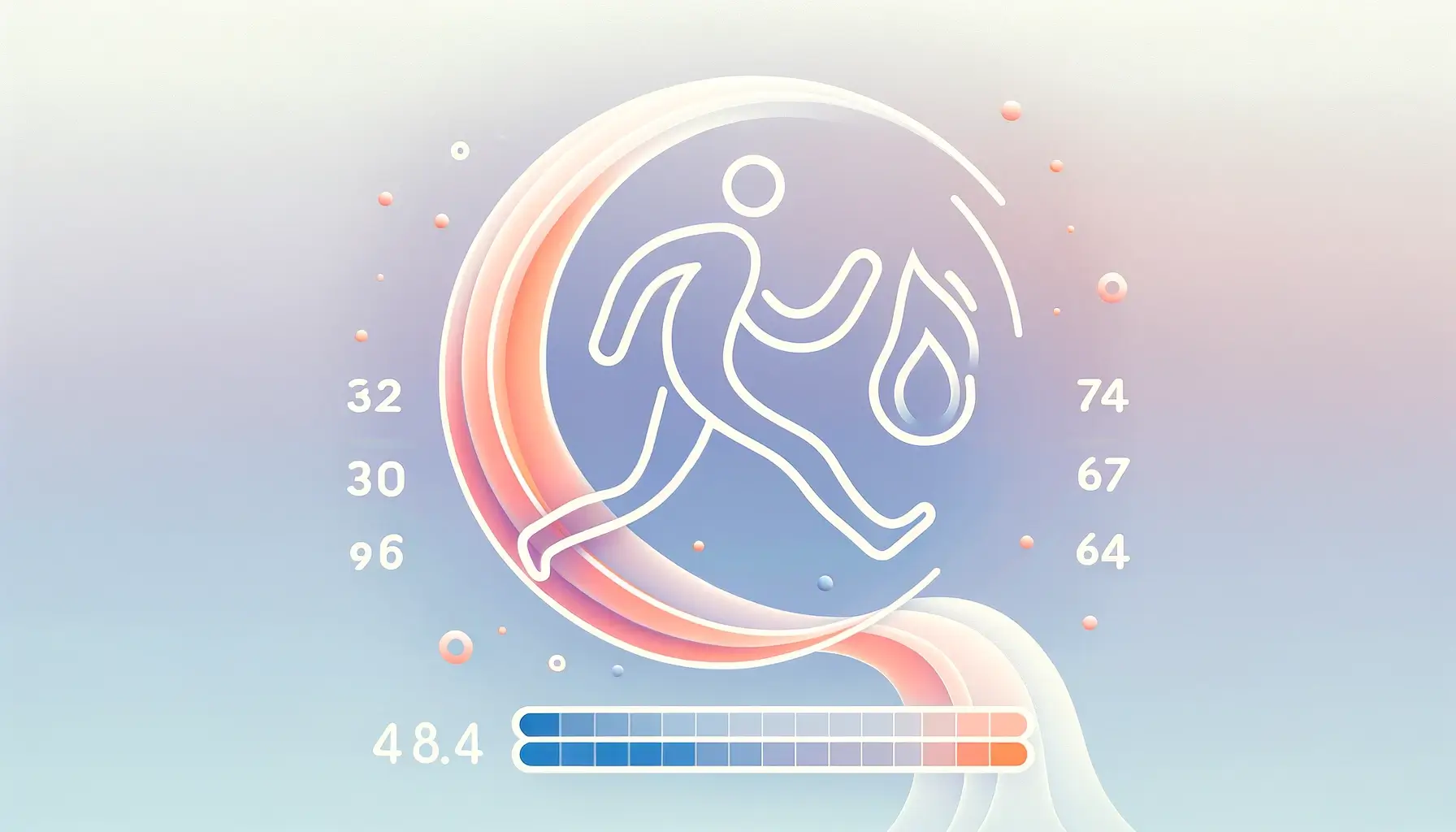An Energy Expenditure Calculator is a powerful tool to estimate how many calories a person burns daily through essential bodily functions and physical Activity. Understanding energy expenditure is necessary for managing body weight, enhancing athletic performance, improving health outcomes, and designing adequate nutrition and exercise plans. This calculator provides valuable insight into the body’s energy demands, offering a personalized approach to wellness.
What Is Energy Expenditure?
Energy expenditure refers to the total amount of energy (measured in calories) a person uses in a given period, typically per day. It consists of three main components:
- Basal Metabolic Rate (BMR): The energy needed for essential physiological functions like breathing, circulation, and cell production while at rest.
- Thermic Effect of Food (TEF): The body’s energy to digest, absorb, and metabolize food.
- Physical Activity includes all movement, from structured exercise to daily chores and spontaneous movements.
Together, these components comprise a person’s Total Daily Energy Expenditure (TDEE)—a key figure for anyone seeking to lose, gain, or maintain weight.
Purpose of the Energy Expenditure Calculator
The Energy Expenditure Calculator simplifies complex metabolic calculations by analyzing user input and estimating how many calories the body uses daily. It is designed to:
- Help determine how many calories a person needs to maintain their current weight.
- Guide calorie intake goals for weight loss, weight gain, or performance optimization.
- Support dietitians, trainers, and healthcare professionals in creating customized nutrition and fitness plans.
This tool can be used by individuals of all fitness levels, from beginners aiming to improve health to athletes managing performance and recovery.
Key Inputs for the Calculator
To generate accurate results, the calculator typically requires the following data:
- Age: Metabolism tends to slow with age, affecting energy requirements.
- Gender: Men and women usually have different energy needs due to differences in muscle mass and hormonal profiles.
- Weight and Height: These factors help estimate the size and metabolic demands of the body.
- Activity Level: Ranges from sedentary to very active, capturing the intensity and frequency of physical movement.
- Goal (Optional): Users may select a goal, such as weight loss, maintenance, or muscle gain, which will influence the recommended calorie adjustment.
How the Calculator Works
Once users input their personal data, the calculator uses established formulas and activity multipliers to estimate daily energy expenditure. Depending on the complexity of the tool, it might calculate:
- Basal Metabolic Rate (BMR)
- Total Daily Energy Expenditure (TDEE)
- Calories burned during specific activities or workouts
- Adjusted caloric needs based on health or fitness goals
Some calculators also provide insights into macronutrient distribution or suggest how many calories should come from carbohydrates, proteins, and fats.
Benefits of Using an Energy Expenditure Calculator
- Personalization: Provides individualized insights rather than relying on general calorie guidelines.
- Better Decision-Making: Helps users align their food intake with their energy output, improving goal adherence.
- Improved Weight Management: Enables more accurate calorie tracking, supporting effective fat loss or muscle building.
- Balanced Nutrition Planning: Users can develop healthier and more sustainable eating patterns with accurate calorie targets.
Who Should Use It?
An Energy Expenditure Calculator is beneficial for a wide variety of users:
- Individuals Managing Weight: People seeking to reduce or increase their weight can use the calculator to set realistic calorie targets.
- Athletes and Active Individuals: Athletes can use it to ensure they are consuming enough calories to support high performance and recovery levels.
- Healthcare Professionals: Nutritionists, dietitians, and fitness coaches use it as a foundational tool for crafting personalized plans.
- General Health Enthusiasts: Anyone interested in tracking their caloric balance to support a healthier lifestyle.
Limitations and Considerations
- Estimates, Not Absolutes: Calculators provide estimates based on averages. Individual metabolic differences, genetics, and hormonal factors can affect energy expenditure.
- Activity Reporting Accuracy: Inaccurate self-reporting of activity levels may skew results.
- Excludes Medical Conditions: Most calculators do not account for health issues impacting metabolism or caloric needs.
- Regular Updates Needed: As weight, fitness level, or goals change, the calculator should be re-used to reflect current energy demands.
Tips for Best Use
- Be Honest About Activity Level: Overestimating activity can lead to excessive calorie intake.
- Track Progress: Combine calculator results with regular tracking of food, exercise, and body changes to fine-tune your plan.
- Recalculate Often: Update your data every few months or after significant changes in weight or lifestyle.
- Use in Combination with Other Tools: Integrate with food diaries, wearable fitness trackers, and professional advice for optimal results.
Future Enhancements
- AI and Machine Learning Integration: Advanced calculators may learn from individual user data and suggest increasingly accurate predictions over time.
- Wearable Tech Integration: Syncing smartwatches and fitness trackers can offer dynamic energy expenditure tracking based on real-time movement and heart rate.
- Mobile and Voice Accessibility: Apps and voice assistants may allow users to calculate or adjust goals instantly through mobile commands or prompts.
- Customized Meal and Workout Plans: Some tools may begin suggesting specific meals or exercises aligned with calculated energy needs and personal preferences.
Conclusion
An Energy Expenditure Calculator is an essential resource for anyone aiming to understand and manage their daily calorie balance. Providing a science-based estimate of how many calories the body burns daily empowers users to make informed decisions about diet and Activity. Whether you’re trying to lose weight, build muscle, improve athletic performance, or simply lead a healthier life, this tool offers a solid foundation for creating and maintaining an effective wellness plan.


